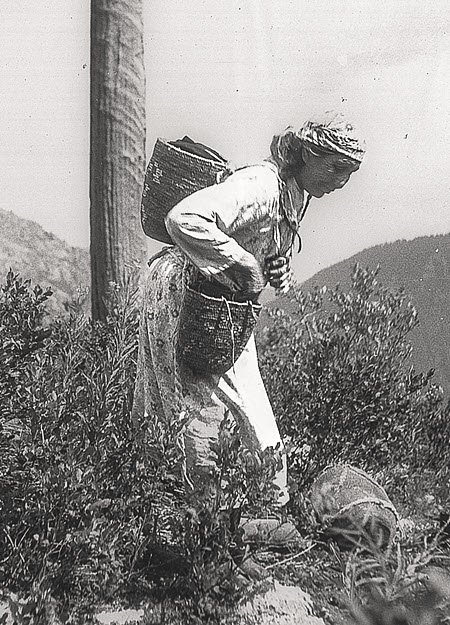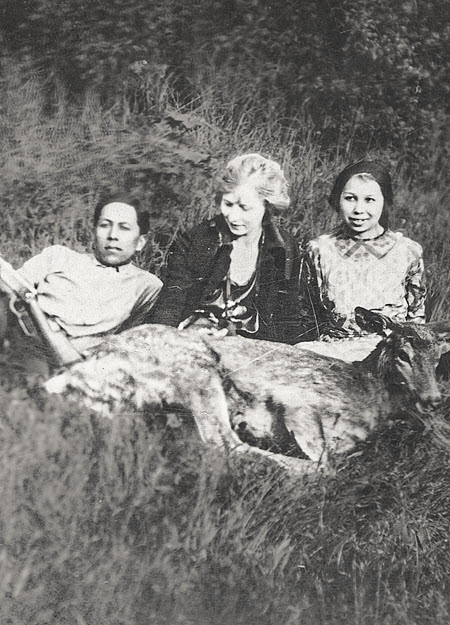
The Tulalip Tribes
The Tulalip Tribes has a rich history that spans generations. We are the Snohomish, Snoqualmie, Skykomish, and allied tribes and bands. Our ancestors lived in harmony with the land, cultivating lives that enriched the environment.
The Treaty of Point Elliott carved a homeland out of our historic lands, and we took the name Tulalip, describing the bay at the heart of our reservation. This name signifies our commitment to each other and our ancestral heritage. From traditional fishing and hunting practices to modern sustainable development, our legacy continues.



Sovereignty and Heritage
Long before European settlers arrived, the Tulalip Tribes thrived as an independent and self-governing nation. Our sovereignty was affirmed in the 1855 Treaty of Point Elliott, securing our rights to fish, hunt, and gather on our ancestral lands. This treaty, upheld by the U.S. Supreme Court, affirms our right to self-governance and establishes our legal and political ties with the federal government.
The Tulalip Tribes operates a robust government that provides essential services to our citizens, including healthcare, education, and law enforcement. Our economic sovereignty is demonstrated through successful enterprises like Tulalip Resort Casino and Quil Ceda Village, which generate revenue to support our community and preserve our rich cultural heritage.
In partnership with the U.S. Forest Service, we manage and harvest huckleberries on a 1,280-acre parcel in the Mt. Baker-Snoqualmie National Forest. This collaboration helps us maintain traditional practices and sustain vital cultural resources.
Sovereignty is at the heart of the Tulalip Tribes, reflecting our deep connection to our people and ancestral lands. It is the foundation of our identity and the driving force behind our efforts to protect and enhance our community for future generations.


A Legacy of Stewardship
Since time immemorial, Indigenous people cultivated lives that enriched the land and nurtured its natural resources. Today, we proudly continue this legacy through dedicated habitat restoration and sustainable development initiatives. Our commitment to the environment ensures that the land remains vibrant and healthy for future generations.
The Tulalip Tribes maintains an aggressive environmental preservation program on and off the reservation. Our four-pronged approach includes habitat restoration, hatchery operations, harvest management, and hydropower mitigation. Our Restoration Program focuses on restoring, enhancing, and protecting habitat within historic and current Tulalip-managed lands. This program is dedicated to the multispecies recovery of salmon habitat and populations, particularly the critical habitat for the Endangered Species Act-threatened Puget Sound Chinook salmon, which are central to Tulalip culture.
Our habitat restoration efforts include significant projects at Deer Creek, Coho Creek, Qwuloolt, and the Pilchuck River Dam. We also celebrate over 100 years of collaboration with the State of Washington in our fish hatchery and harvest management efforts, releasing 10–12 million coho, chum, and Chinook salmon into Puget Sound every March through June.




Our Economic Impact
The Tulalip Tribes is proud of the significant contributions we have made to Snohomish County’s economic development. Through strategic planning and development along the I-5 corridor, we have transformed our reservation into a thriving activity hub that benefits our tribal citizens and the surrounding community. Decades ago, we laid the groundwork for a business development initiative to bring jobs and economic diversity to our reservation. This vision began to take shape in 1983 with the opening of one of the first tribal bingo halls, followed by the opening of Tulalip Casino in 1992.
In 1998, we took a significant step forward by developing a small business park near our casino and bingo facilities. This growth necessitated additional infrastructure, including police and fire protection, roads, lighting, sewer, and water systems. To manage these needs, we applied to the Internal Revenue Service and Bureau of Indian Affairs to create Quil Ceda Village, a federally recognized municipality. This achievement marked a historic victory for our tribal sovereignty and economic self-determination.
Today, Quil Ceda Village is a bustling center of commerce and culture. It is home to Tulalip Resort Casino, the only AAA Four-Diamond hotel-casino in Western Washington. Quil Ceda Village generates nearly $400 million annually, of which three-quarters support the surrounding community. Our businesses have created over 5,500 jobs, significantly contributing to the local economy.


Giving Back to the Community
We are dedicated to improving education, safety, healthcare, and employment in our community. The Tulalip Tribes has contributed approximately $120 million to the community over the past 30 years. We are also the third largest employer of area residents in Snohomish County, employing over 5,500 people on the reservation.
Our collective efforts have already significantly impacted, and we are committed to continuing these positive efforts. By working hand in hand with our partners in Marysville, Everett, and Snohomish County, we are building a strong, caring, and proud community.

The Hibulb Cultural Center and Natural History Preserve mission is to revive, restore, protect, interpret, collect and enhance the history, traditional cultural values and spiritual beliefs of the Tulalip Tribes who are the successors in interest to the Snohomish, Snoqualmie and Skykomish tribes and other tribes and bands signatory to the Treaty of Point Elliott.